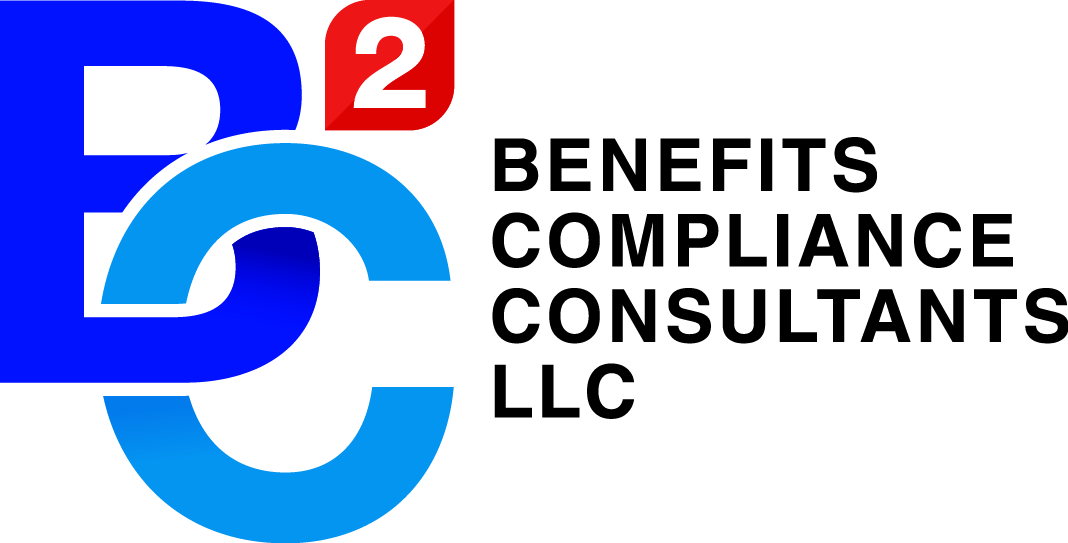Compliance benefits businesses in many ways.
It is obvious we live in a world where technology has now become part of our daily lives. Technology has come to change so many things that were hard to accomplish to be easy tasks completed in a matter of minutes.
Technology has made life quite easy in all aspects, not just in the business world. Communication has been enhanced greatly between people who are miles away; they can now see each other as they converse. Information from the head company will reach its branches in a short period thanks to technology.
However, there is no good thing that does not have its share of downfalls. Technology, too, has its limitations. Sometimes, it may not be in compliance with the set ethics and standards. It has drastic setbacks in as much as it has made work much easier.
In this article, you are going to learn about the benefits of technology in the compliance industry and also the disadvantages of technology as far as compliance is concerned.
Merits of Compliance Technology
It is through technology that compliance programs can reduce risk, enhance flexibility, increase efficiency, and improve their performance.
1. Reduce Risk
Your business requires you to roll out a risk-based compliance structure. Technology is known to manage risks more effectively. If you have sufficient knowledge on your compliance program as a complete loop, then you have better chances of knowing how to handle when risks occur before they become catastrophic problems.
This will lead to an effective program and thus reduce instances of potential lawsuits. It ensures you reduce your expenses on insurance premiums. Risky activities will now have less impact on the organization’s core business.
Accessing real-time data lets you find weaknesses and upcoming issues in your program. Therefore, you can deal with a problem before it grows into a major disaster and continue improving your program.
2. Enhance Flexibility
This is another benefit of compliance with technology. Have a look back at the time when there were no electrical gadgets like phones and computers. Everything was just very slow and even misquoted. The information did not reach people at the right time.
But look at the world we live in today. Everything is so swift and accurate, just like what is needed for the compliance programs. They are constantly changing, and therefore, people need to adapt really quickly. The program ought to be scalable, changeable, and flexible to help your employees get updated on any issues and also give them a chance to show their reactions.
As companies grow and open new branches in other areas, they also need to extend their compliance programs to these new entities to ensure benefits compliance is achieved as the program is run. This pushes the companies to move compliance technology from desktop and static storage to cloud-based interfaces that are also mobile-friendly.
3. Increase Efficiency
An efficient compliance program needs to have a backbone. These are the driving factors of the same. They are normally the controls, procedures, and policies. The ancient types of programs did not make things run efficiently, but technology has really eased the compliance programs and made it an easy task for people.
It becomes easier to develop and upgrade that program, to refresh, review, and even update it.
4. Improve Performance
A centralized type of compliance program is more efficient. In the old days, technology was not used as it is now, where businesses kept the program centralized and controlled from only one point. This definitely increases your team’s performance and the program as a whole.
Integrated platforms allow the teams in the organization to link their data together and learn how one part of your program affects the other.
Technology Setbacks
The major downfall of technology is they are prone to attack. This is especially true if we are talking about electronic gadgets such as computers. They can be attacked by harmful programs that will erase all that is stored on the computer.
These digital tools also use electricity for them to function. In case you do not have backup generators to use when electricity is lost, then the technology is useless in that instance.
Some believe technology has made humans become lazy. Since most of these tasks are being done by machines, you find that if the technology fails to work, then there will probably be no work that day. Whereas it could just be a simple task, humans are now used to the machine, so they feel they cannot do it. Others might believe that machines do more work in one day than humans do in a month and do a better job. Either way, technology compliance benefits businesses.
We make the process simple. We are ERISA compliance specialists.





